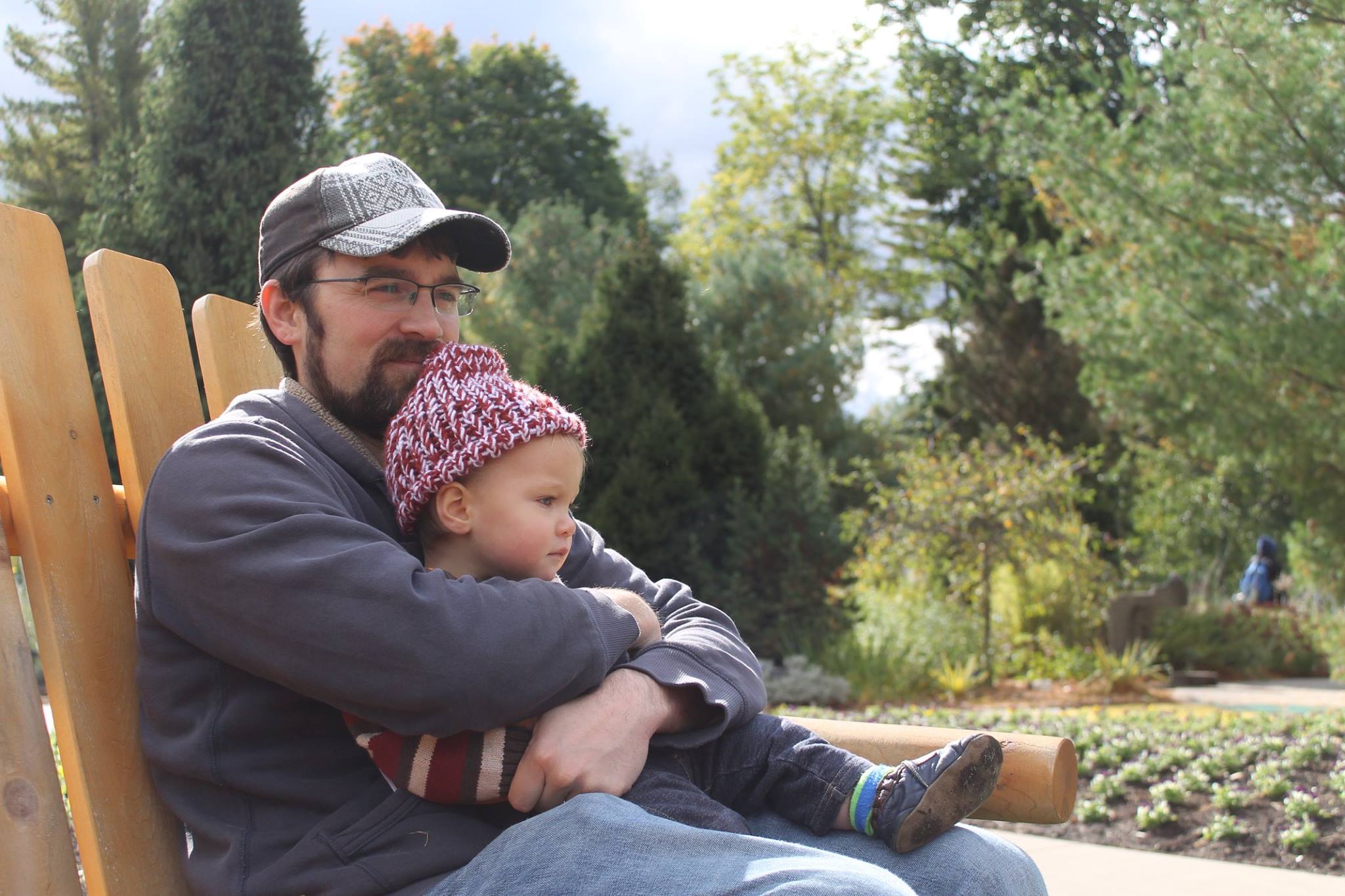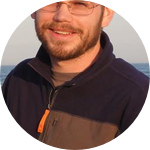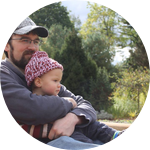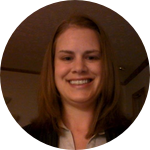About This Project
In 2011, scientists developed a unique class of antivirals named DRACOs. DRACO proteins kill cells that are infected with viruses. One limitation to this technology is that DRACO proteins would also kill cells infected with benign viruses. Humans are often infected with benign viruses. We have modified DRACOs to specifically target cells infected with a disease-causing virus without harming regular cells. This novel strategy could be used more broadly against other disease-causing viruses.
Ask the Scientists
Join The DiscussionWhat is the context of this research?
Antivirals are limited due to the high cost of research and development and the selection of escape mutants. Without vaccination, we are at the mercy of most disease causing viruses. Previous work by Rider et al. described an approach to develop a broad spectrum antiviral called a Double-stranded RNA Activated Caspase Oligomerizer (DRACO) protein (1). DRACO proteins kill cells that are infected with disease causing RNA viruses. Unfortunately, it is theoretically possible that DRACO proteins will also kill cells infected with benign viruses. Recent research suggests that humans are infected with a number of benign viruses at any given time. There is a need to make DRACO technology more specific so that only cells infected with disease causing viruses are killed.
What is the significance of this project?
We modified DRACO technology by adding an antibody domain that targets dengue virus - a disease causing virus of global importance. We call our protein an Antigenic Determinant Activated Caspase Oligomerizer (ADACO). This new protein was able to kill infected cells and protect human cell cultures from virus infection. ADACO technology represents a modular antiviral platform that can be redesigned to target any number of disease-causing viruses. Our antiviral platform will significantly reduce the cost of research and development for novel antiviral compounds.
What are the goals of the project?
We have already shown that ADACO protein can protect human cell cultures from infection when expressed inside of cells. Our next goal is to purify ADACO protein and test if extracellular treatment of viral particles will protect human cell cultures from infection. If results of this experiment are encouraging, we will initiate a collaboration to test ADACO’s feasibility in a mouse model.
Budget
Start-up funds only go so far and federal/private funding is difficult to come by. Biomedical research is expensive. Please help us bridge this cost so that we can take our project to the next level.
With the reagents above, we will clone the ADACO gene into a bacterial expression vector, induce expression of the protein in Escherichia coli, purify the protein using a GST tag, and then validate purity using SDS-PAGE.
Purified protein will then be inoculated into dengue virus stocks and incubated prior to infection of human cells. Human cells will be infected with untreated and treated dengue virus and infection will be assessed using antibody and qRT-PCR-based assays.
Endorsed by
Meet the Team
Team Bio
Raised in Grand Rapids, MI, I was destined to brew beer for a living. I was an avid all-grain brewer and pursued an undergraduate degree in microbiology and chemistry with the intent to obtain a Masters in Brewing. However, I quickly became enamored with evolution and whether or not viruses were living entities. Richard Dawkin's Selfish Gene was a huge inspiration.
I decided to intern in a molecular virology laboratory. This decision changed my life. I have since been a very undisciplined virologist, jumping from one virus to another. I have performed bench research on herpesviruses, adeno-associated viruses, papillomaviruses and flaviviruses. After years of tackling very esoteric projects that had little practical application, I decided to focus on some of the major questions in virology:
(1) How do viral pathogens emerge?
(2) How do viruses contribute to evolution?
(3) How do you develop an effective antiviral?
Due to my postdoctoral experience at Yale University, our current model system focuses on dengue virus, a mosquito-borne pathogen that causes disease in hundreds of millions per year and kills thousands of children. We are using this system to answer the questions above.
Michael James Conway
Raised in Grand Rapids, MI, I was destined to brew beer for a living. I was an avid all-grain brewer and pursued an undergraduate degree in microbiology and chemistry with the intent to obtain a Masters in Brewing. However, I quickly became enamored with evolution and whether or not viruses were living entities. Richard Dawkin's Selfish Gene was a huge inspiration.
I decided to intern in a molecular virology laboratory. This decision changed my life. I have since been a very undisciplined virologist, jumping from one virus to another. I have performed bench research on herpesviruses, adeno-associated viruses, papillomaviruses and flaviviruses. After years of tackling very esoteric projects that had little practical application, I decided to focus on some of the major questions in virology:
(1) How do viral pathogens emerge?
(2) How do viruses contribute to evolution?
(3) How do you develop an effective antiviral?
Due to my postdoctoral experience at Yale University, our current model system focuses on dengue virus, a mosquito-borne pathogen that causes disease in hundreds of millions per year and kills thousands of children. Zika virus is a close relative the dengue virus. We will now use our skillset to understand how Zika virus replicates and causes disease.
Maya O. Tree
Additional Information


Project Backers
- 18Backers
- 22%Funded
- $1,064Total Donations
- $59.11Average Donation




